We were lucky to catch up with Dan Bradner recently and have shared our conversation below.
Dan, looking forward to hearing all of your stories today. Can you talk to us about how you learned to do what you do?
We’ll talk about music here, since that’s what I know best. I took the long, hard route to learning music: without much outside help. There wasn’t a ton of support from my family, and zero encouragement, so the few lessons I took early on ending pretty quickly. From then on it was mostly me in my room with my guitar, records, and some books, trying to figure out what was happening using my ear. This was all pre-internet, and it was a real slow process. In the end what saved me was a real strong desire to learn in addition to enjoying practicing. Without those two things, forget about it.
Lessons would have dramatically sped up my learning process, as well as taught me how to read music, which I still don’t really do. It also would have saved me a ton of time even now. I play in bands with musicians who’ve been studying music their whole lives in proper settings, and learning new tunes for them is much faster than for me. I still have to sit with my guitar and my ears and slowly figure things out. But I still enjoy it, so it works out just fine. I’m often the dumbest one in the room though, and everyone knows it. I’m okay with that. It has definitely helped me learn some essential things, such as ear training and discipline, and perhaps most fortunately of all, it has crushed my musical ego. I don’t have to worry about being the best one in the room, or the most knowledgable. But I always strive to be the most prepared.
The biggest obstacles for me were fear of never being good enough and confidence that I was on the right path. I’ve learned to set most of my fear aside and just work hard, and I don’t really think about being confident any more. I just look around a the amazing musicians I’m lucky to play with and figure if I wasn’t good enough, I wouldn’t be in the room.
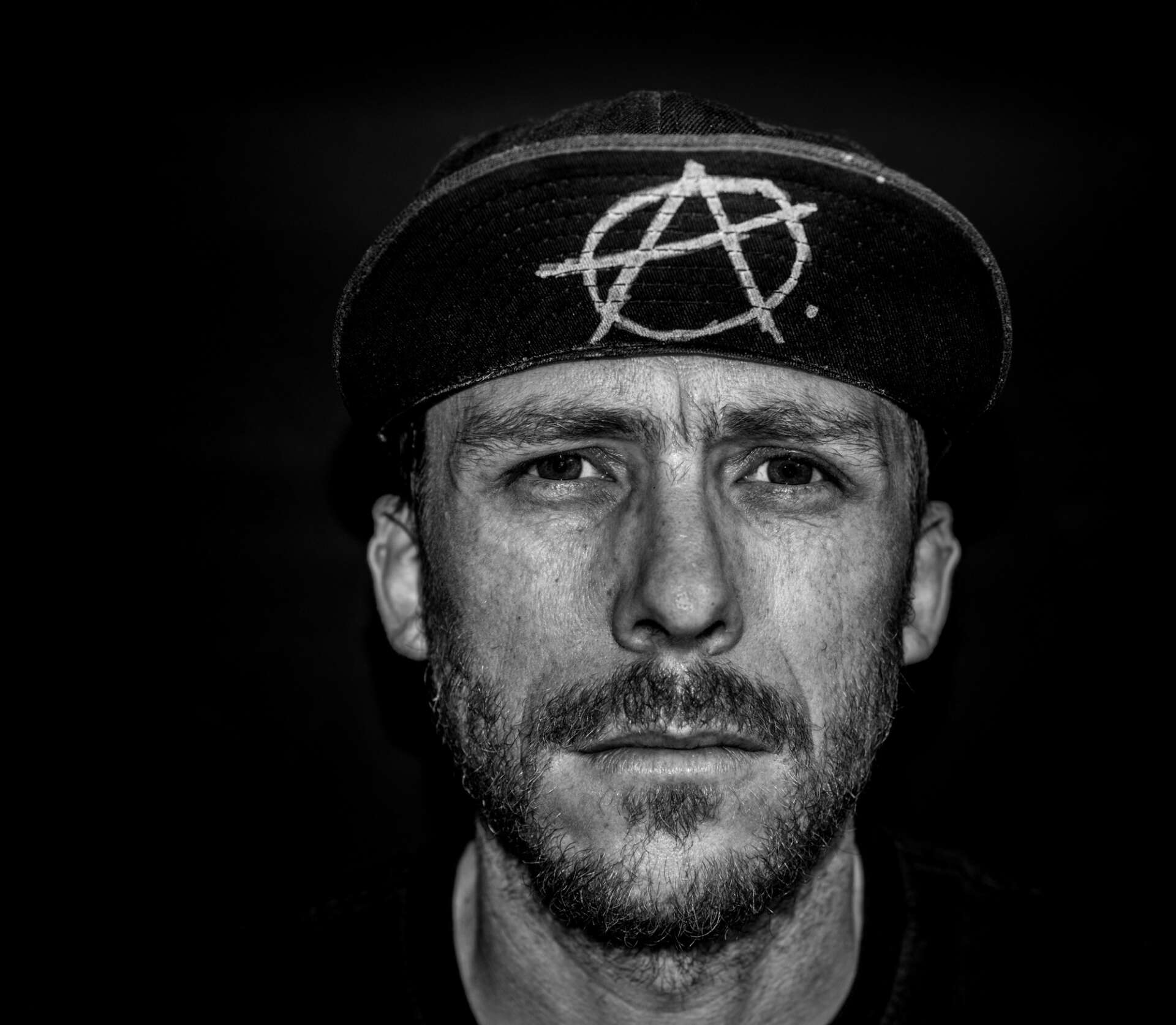
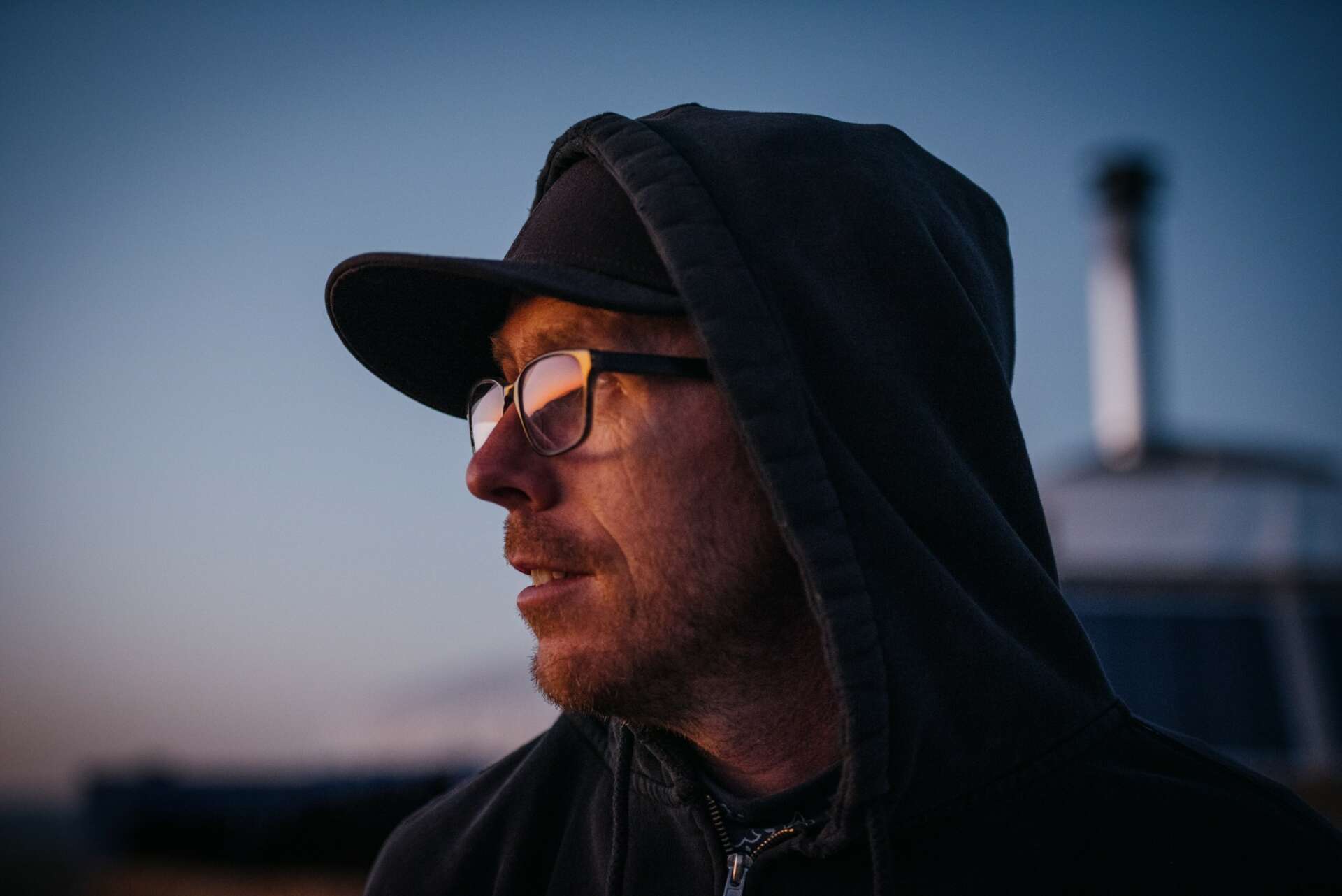
Dan, before we move on to more of these sorts of questions, can you take some time to bring our readers up to speed on you and what you do?
I started playing guitar in 1988 when I was 12. I’ve always loved music; my home life was challenging, and it gave me a healthy place to escape to. Not long after I formed a band with some friends, and before that first year was up I had played a gig. I continued playing through high school in bands. I moved far away for college, and while there guitar took a back seat to studying. When I finished school, it became apparent to me that music was all I really wanted to do with my life, and I threw away my degree in Finance and devoted all of my spare time to being a true musician. I began to study my heroes in depth, took a few lessons, studied theory, ruined relationships because I spent so much time alone playing guitar. I started playing open mic nights, often times three times a week, so I could practice playing and singing and performing in front of people. That lasted several years, and slowly I became part of the music community. Those connections led me to my first real band, and outlaw country group that would consume the next seven years of my life. I had studied heavy metal, rock, folk, and blues up til that point, so joining a band in a genre I didn’t really know forced me to practice even harder, which is probably where my most growth happened. We were on the road half the year, touring in a school bus we converted into a tour bus, and I practiced and studied all the time. I would record all our shows, then listen back to each of them in their entirety. I made a spreadsheet with each song title, and I would rate my playing for each song. After thirty or so shows, I had a pretty solid view of how I felt I was doing for each song. I then focused on the songs I wasn’t happy with until I was happy with them. As a musician, this was probably the most difficult, important work I’ve ever done. It was incredibly humbling. There was no way to hide from what I was actually playing, as it was right there in front of me. It forced me to reevaluate my approach to playing, forced me to try even harder to be better. I hated every minute of it, and it was the best thing I’ve ever done. Eventually I grew bored with that music and quit, which was a big decision as that was my income. I got a job as a barista and started putting together a blues band, and not long after that a nine-piece soul band asked me to join. That turned into the most fulfilling band I’ve ever been a part of. Huge shows, amazing fan base, and for the first time in my life, the freedom to play the guitar exactly how I wanted to. What a ride that was. I recently stepped away so that I can once again change things up and start my own band, focusing on writing music more in line with where I am in live right now.
There’s a lot more than this, and when I think back on it all, the one thing that comes to mind is this: say yes. I played in a lot of bands that I wasn’t necessarily overjoyed about, but the people were great and the opportunity to learn and get out of my comfort zone was paramount to becoming a better musician. Keep saying yes and eventually you’ll land in the middle of something you love. And the key to having people ask you to be involved is pretty simple, too. Show up on time, prepared. Be kind. Be humble. Know that music is more important than you, and that there are always better players than you, but if you work hard and work for the band, you’ll be valued.
I think the last thing to mention for anyone learning a craft would be this: find a way to love the process of practice and learning. If you don’t love it, you’ll never find the time to do it. And it takes a lot of time. More than you think. Love it, and your life will be filled with hours and hours of love.
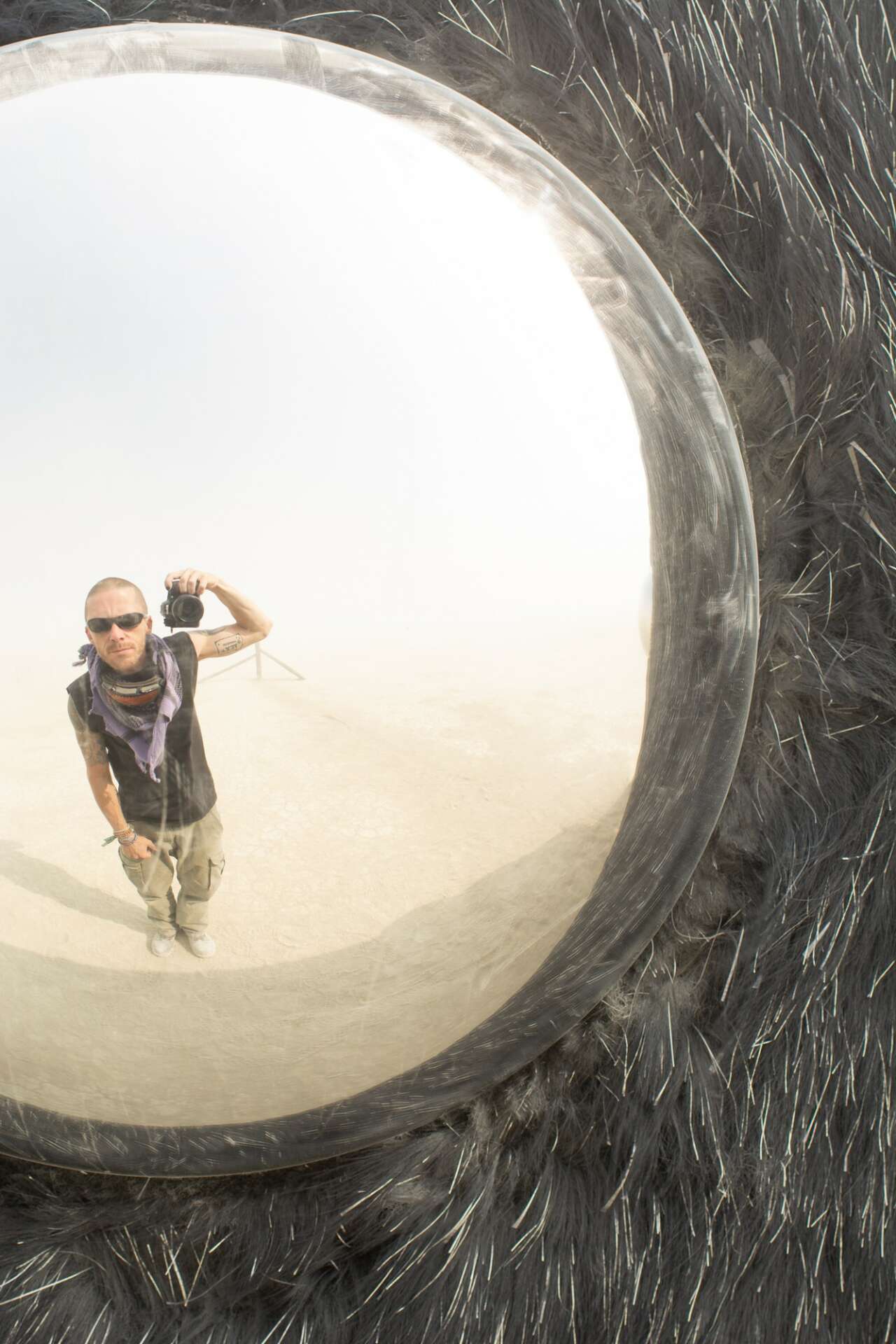
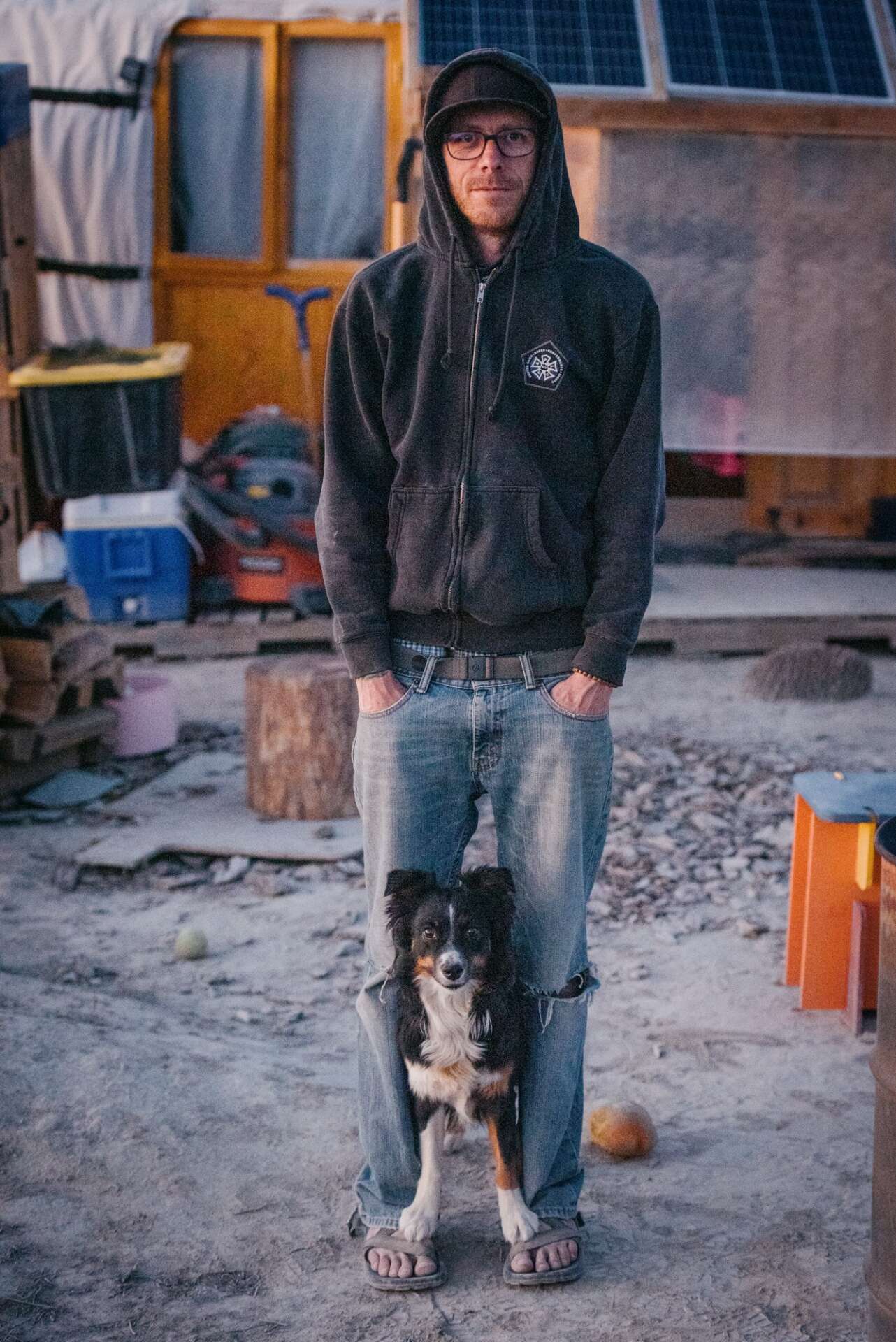
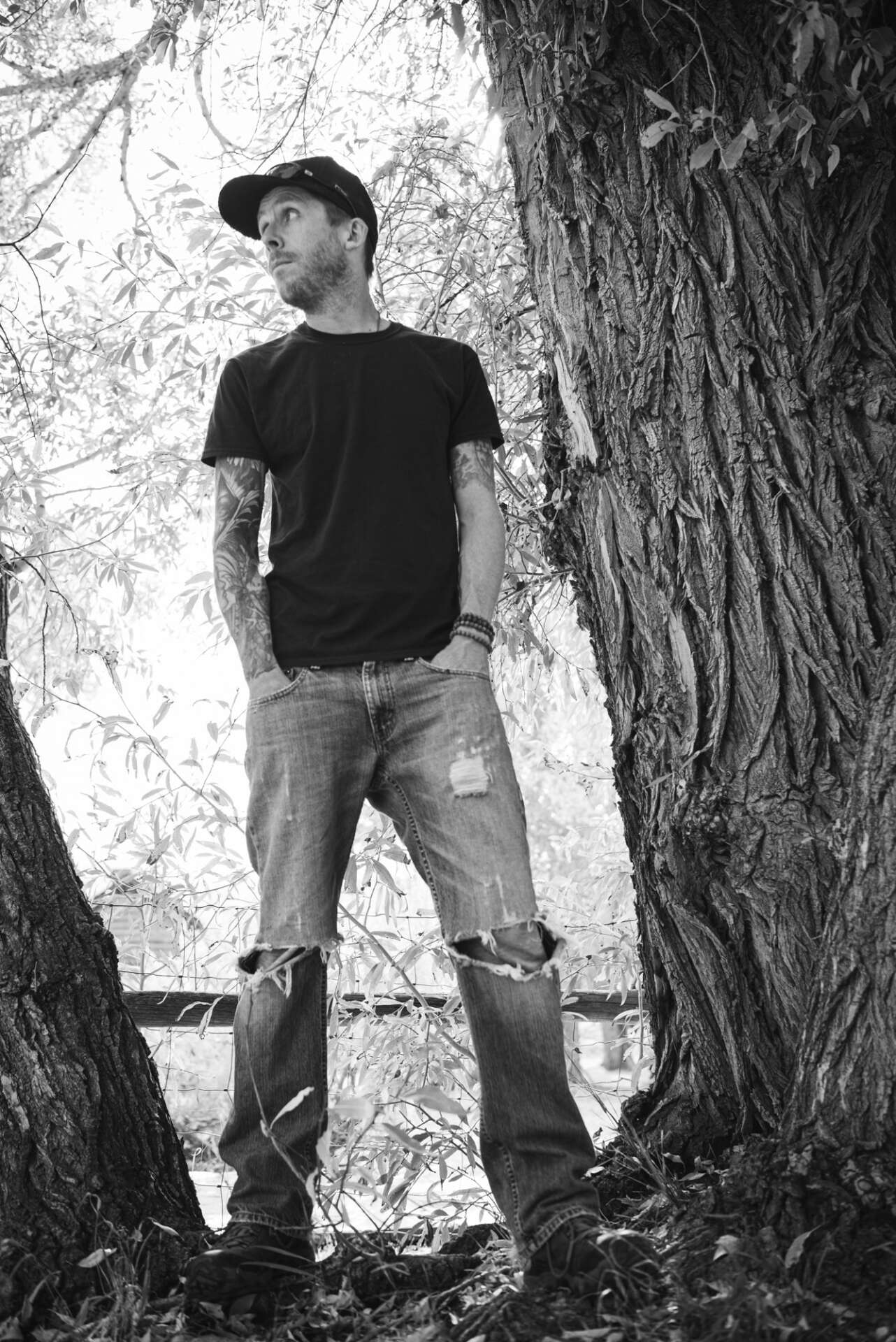
What can society do to ensure an environment that’s helpful to artists and creatives?
Simply put, give us money. Art is important. Real important if you ask me. There’s a good chance music predates speech. And there are cave paintings tens of thousands of years old. Art has been with us since day one. It gives us beauty, introspection, new ways of thinking about things, tools to process deep emotions and experiences. Comfort. I can’t imagine a life without art. And yet it pays almost nothing. You’re either few at the top of the iceberg out of the water making millions, or you’re the millions of the rest of us underneath barely scraping by. It’s a cultural thing, especially in the U.S. Other countries value art, and artists can make a living doing their work. Here, arts are the first thing we defund. So buy local art. Buy albums, photographs, prints, books, stained glass. Go to shows. Find underground art collectives and donate to them. Tell your friends about the artists you like. Talk about them on social media. Commission art from local artists. Speak up when art programs are on the chopping block.
Alright – so here’s a fun one. What do you think about NFTs?
I think NFTs are in their infancy at the moment, and we haven’t really seen what the potential is. In terms of things like Bored Ape Yacht Club or whatever, that’s not for me. But to each their own. But I see great potential in them, especially in my world of music. Currently, musicians are getting hammered. Almost no one buys music anymore, so that revenue stream has disappeared. Streaming services are notorious for paying almost nothing to artists, so that leaves live shows as the only way to make a living in music at the moment. And making records is expensive. So how are unknown bands supposed to make records if they can’t expect to make any of that money back? Maybe a band could sell an NFT of the album, which would be more like access to an album. Then perhaps having that NFT in your digital wallet will allow you direct access to tickets to a show for that band. Perhaps access to limited merch. Pearl Jam has been offering the best seats in the house of their shows to members of their fan club for years. I see NFTs doing similar things. My biggest hope is that NFTs will find a way to resist the current system of scalpers and ticket resales, which have devastated many fans ability to see live music. I’m a musician and not a programmer, so I don’t know how to do these things, but I do think there are some crazy smart people in that space, and they are coming up with some genius ideas. And with a huge focus of blockchain technology being on decentralization, I’m hopeful that artists will find a way to disrupt the current system.
Contact Info:
- Website: www.danbradner.com
- Other: I gave up social media in the best interest of my heart and soul.


